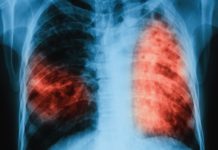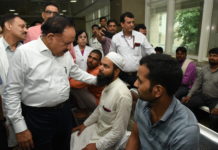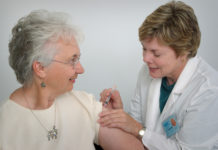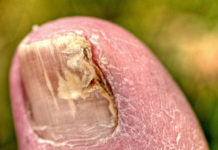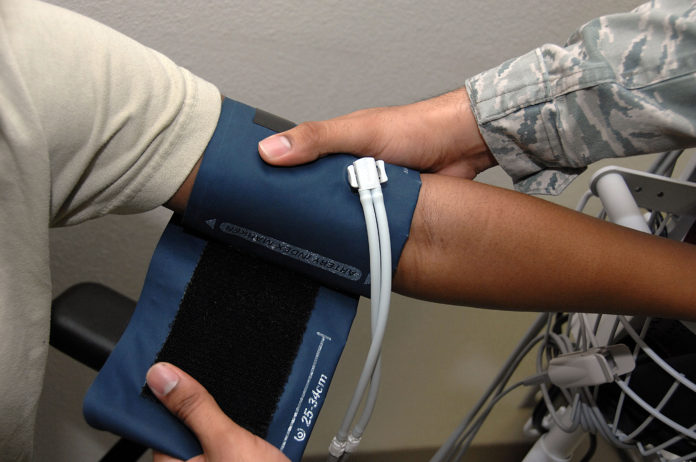
High blood pressure is the primary culprit behind stroke and coronary artery disease in India
India is grappling with a huge hypertension burden, a large part of it, undetected.
According to a recent World Health Organization (WHO) report, hypertension is the third biggest risk factor for heart disease in India. High blood pressure is directly responsible for about 57% of all stroke deaths and 24% of all coronary heart disease deaths in India.
As per NFHS data, about 9% women and 14% men falling in the age bracket of 15-49 years, suffer from hypertension nationally.
“Hypertension is referred to frequently elevated blood pressure which causes the blood carrying arteries to narrow down thereby making it difficult for the blood to travel smoothly and easily throughout your body, making the heart work harder. When blood can’t flow freely to your heart, you can experience frequent chest pain or irregular heart rhythms. Over time, a higher workload leads to an enlarged or thickened heart. The condition limits the ventricle’s ability to pump blood to the entire body and increases the risk of heart attack, heart failure”, says Dr. PR Sodani, President, IIHMR University, Jaipur.
Dangers of undiagnosed hypertension
The fact that 90% of patients have no known cause of hypertension is what makes the problem so worrisome. Most of them not even aware that they have hypertension until they observe symptoms related to heart disease.
That is why it is important for people who have a family history of hypertension to go for regular checkups. For those already suffering from it, it may be a good idea to keep a digital blood pressure instrument handy and learn to use it.
Symptoms associated with high blood pressure, include sweating, anxiety, sleeping problems and blushing
Risk Factors & symptoms
Sedentary lifestyle, wrong food choices and lack of physical activity along with persistent exposure to stress are factors that can contribute to hypertension. Certain common symptoms associated with high blood pressure, include sweating, anxiety, sleeping problems and blushing. If blood pressure rises to the level of a hypertensive crisis, the symptoms may include headaches and nose bleeds.
Prevention:
When left undetected, hypertension can cause damage to the cardiovascular system and internal organs, such as the kidneys. it is important to focus on lifestyle risk factors that can be modified. Alcohol consumption should be limited and smoking is a strict “no no”. Keeping a check on salt intake can also help in minimizing the chances of hypertension. A healthy diet is important – more fruits and vegetables along with less fat is recommended for people who are at a risk of high blood pressure.
Weight control, stress control and moderate physical activity are the cornerstones for keeping hypertension at bay.


